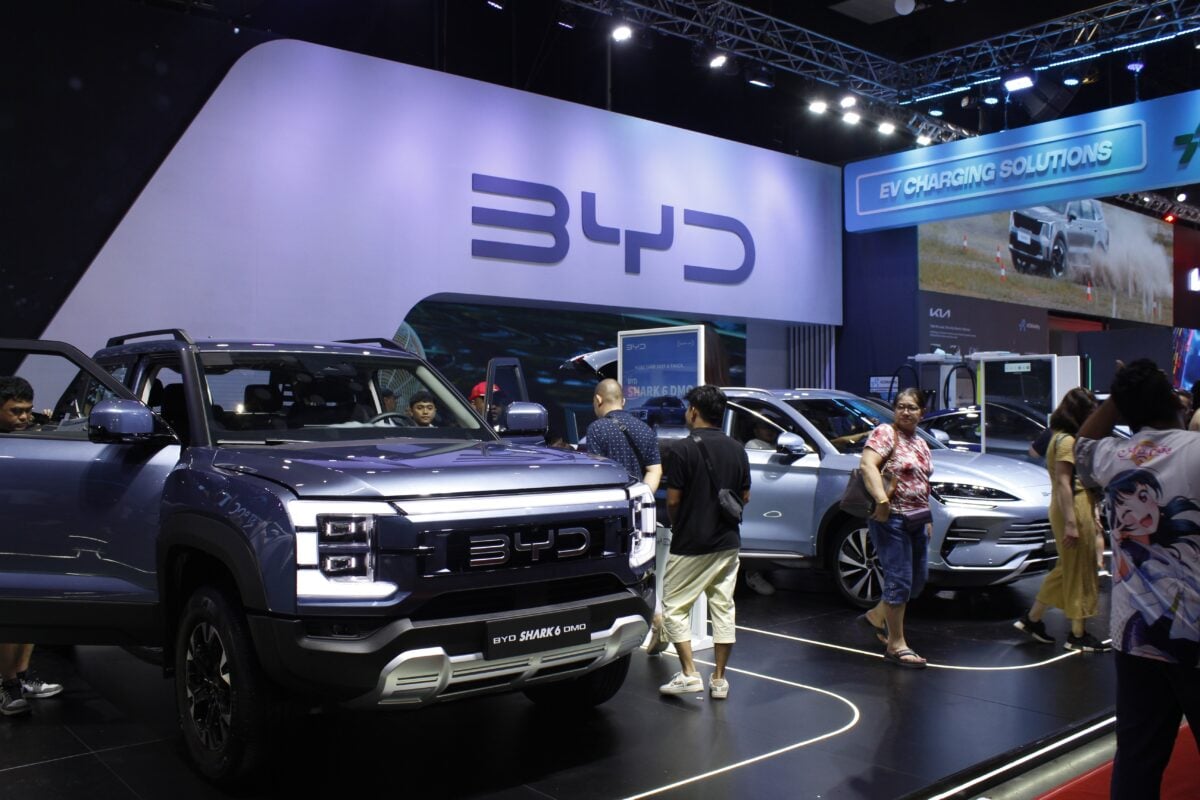TLDRs;
- China’s EV price war is squeezing car dealers’ profits, pushing many toward insolvency.
- Major dealer groups have reported negative margins for the first time since 2019.
- Automakers like BYD are slashing prices to retain market share, intensifying industry-wide losses.
- Experts call for government support as dealers face mounting financial distress amid fierce EV competition.
China’s transition to electric mobility, once heralded as a golden opportunity for the nation’s vast auto market, is now exposing deep cracks across its dealership network.
According to data from the China Passenger Car Association (CPCA), many dealerships are now operating at a loss, with insolvency risks rising across the board. The ongoing shift from traditional gasoline-powered vehicles to electric ones has upended established sales models, forcing car sellers to slash prices aggressively to move inventory.
“The industry’s overcapacity and intensifying discount battles have left dealers in a precarious position,” said CPCA Secretary General Cui Dongshu. He urged government agencies to extend flexible credit lines and fiscal relief to prevent mass bankruptcies in the sector.
Six Years of Decline Across Major Dealers
Most of China’s top 14 auto dealer groups have seen both revenue and profitability erode steadily over the past six years.
The average net margin for the industry has turned negative for the first time since at least 2019. Even groups that expanded their portfolios to include trending EV brands such as Li Auto, NIO, and Xiaomi have yet to see meaningful returns.
The pressure has been particularly intense for smaller dealerships that lack the financial buffer of major conglomerates. Earlier this year, two BYD dealership groups were forced to shut down operations in separate provinces, leaving customers with undelivered cars and unresolved insurance claims.
Automakers Slash Prices to Retain Market Share
The crisis in China’s dealership sector comes as automakers themselves face slowing demand and an oversupply of vehicles. BYD, the country’s largest EV maker, saw its September sales fall 5.5% year-on-year to 396,270 units, marking its first drop since early 2024. The company also cut its 2025 sales target by 16%, citing market saturation and fierce competition.
In contrast, rivals such as Geely, Xpeng, and Leapmotor have posted impressive growth figures. Geely’s September sales rose 35%, Xpeng’s surged 95%, and Leapmotor’s nearly doubled. However, analysts warn that this rapid expansion is largely driven by price cuts rather than organic demand, a trend that risks further destabilizing the industry.
“Manufacturers are caught in a self-destructive loop,” said one market analyst from Shanghai. “They cut prices to boost sales, but in doing so, they erode profitability across the entire supply chain.”
Government Support May Be Dealers’ Lifeline
As financial distress spreads, calls for state intervention are growing louder. Industry experts are urging Beijing to provide liquidity support and reduce tax burdens for struggling dealers. The government has previously rolled out subsidies and tax breaks to stimulate EV adoption, but these incentives are set to expire gradually starting in 2026.
Analysts expect a short-term spike in EV sales toward the end of 2025 as consumers rush to benefit from the remaining tax advantages. However, without stronger policy backing, dealerships could continue to bear the brunt of an unsustainable market structure.
Meanwhile, Chinese EV brands are increasingly turning their focus overseas. BYD, for example, reported an 880% surge in UK sales in September, selling over 11,000 vehicles. With Western markets like the U.S. and EU imposing steep tariffs on Chinese imports, the UK has emerged as a crucial outlet for expansion.







